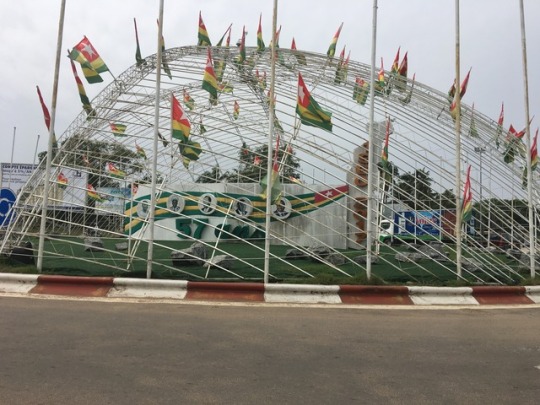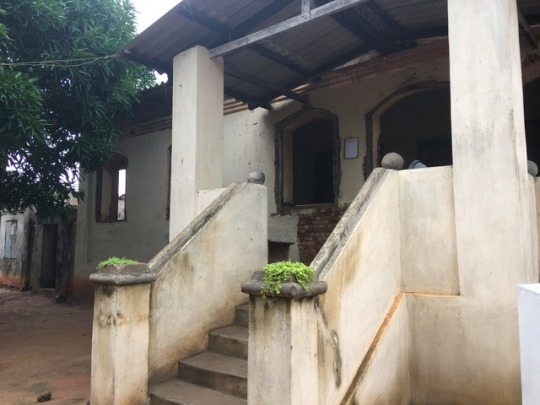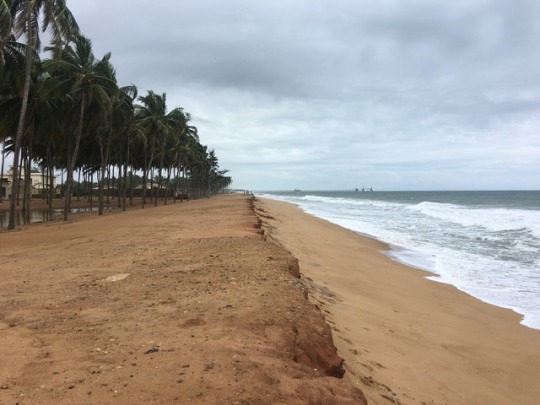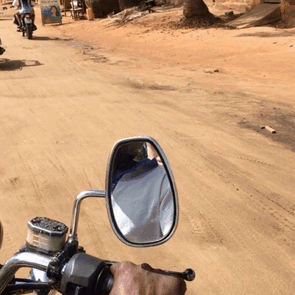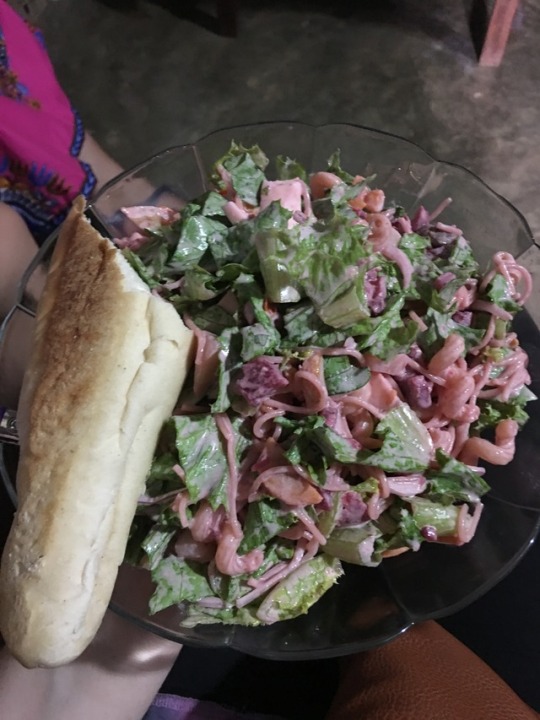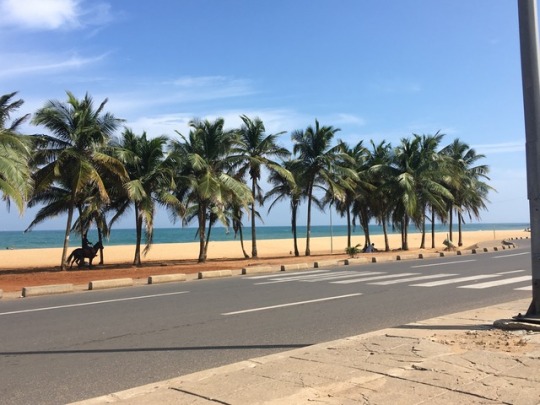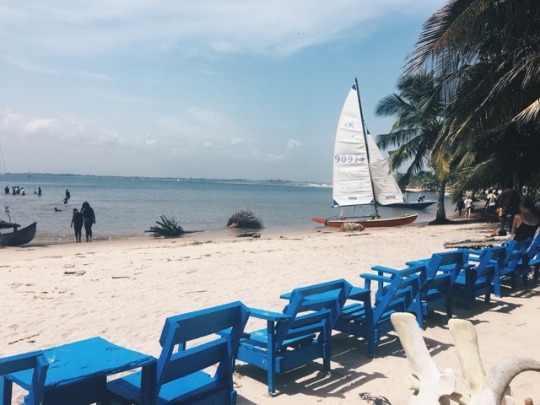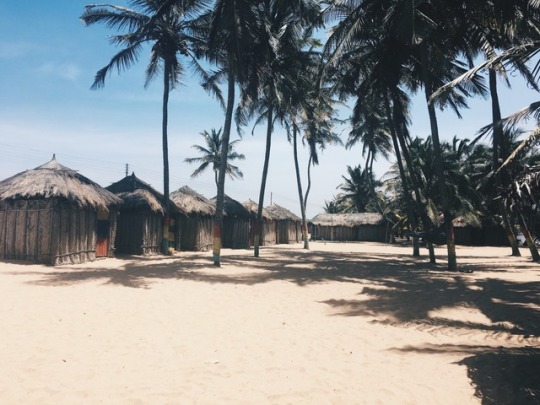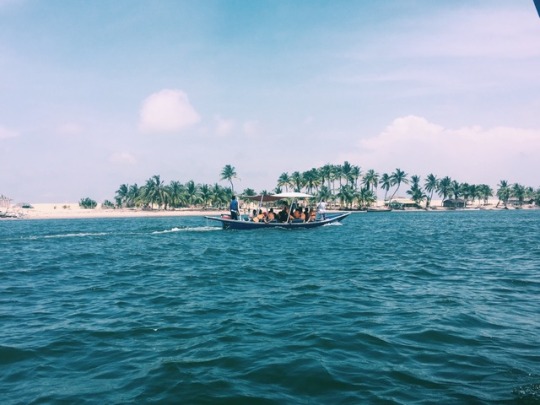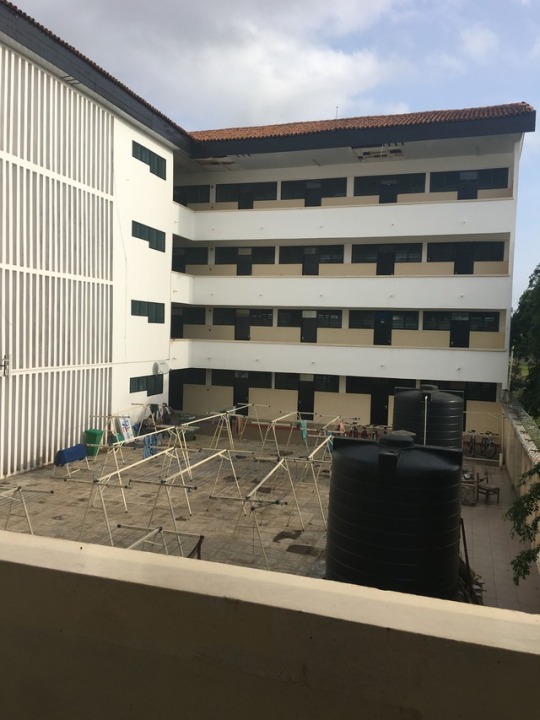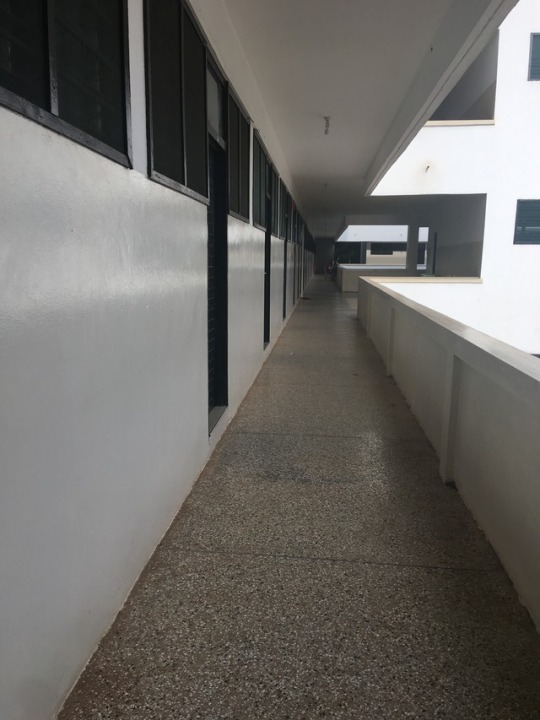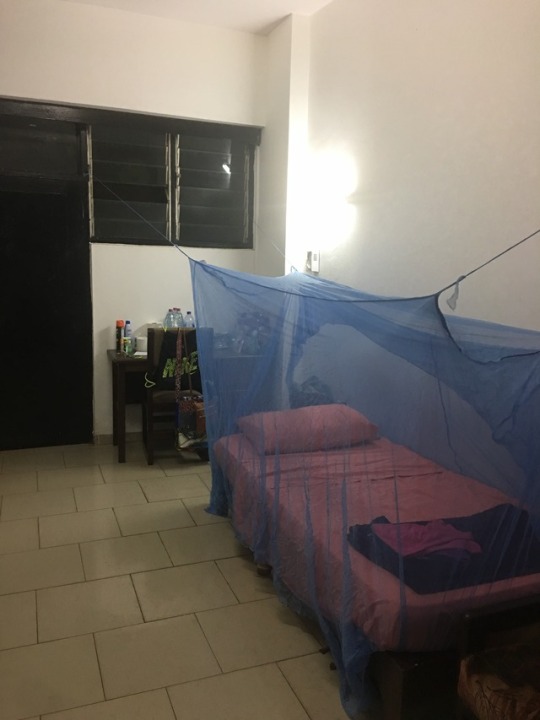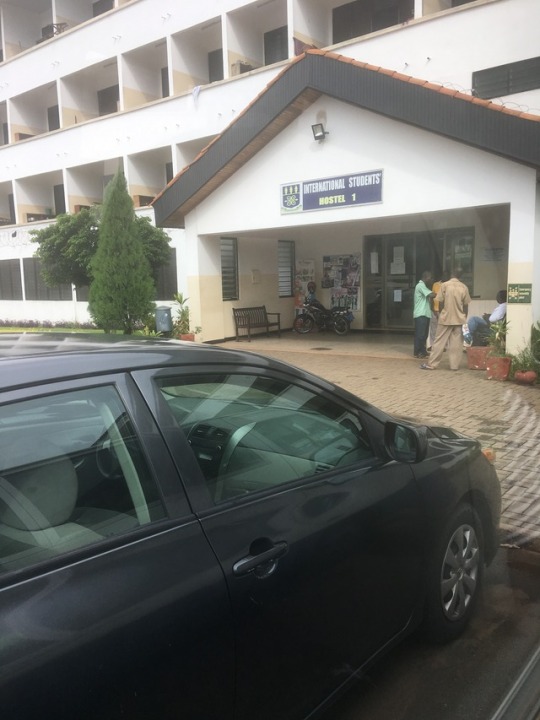Photo
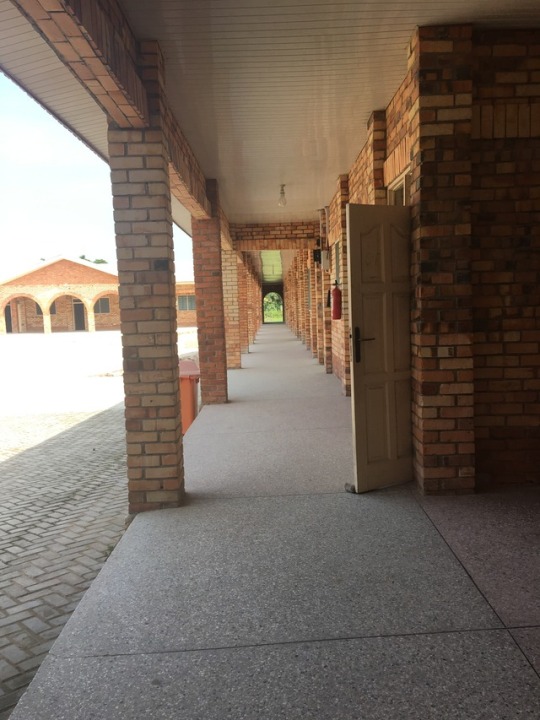
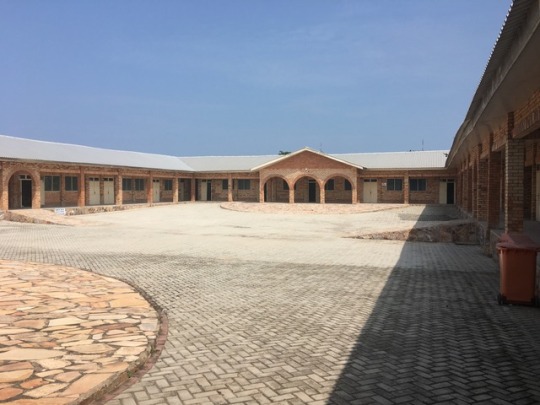
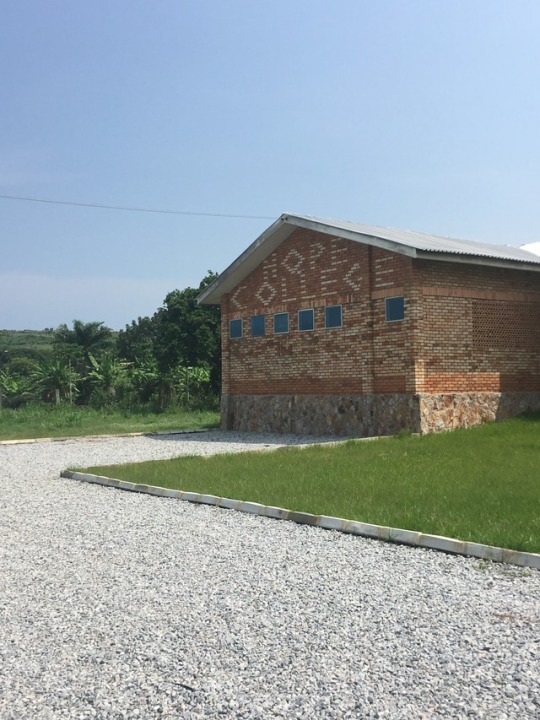
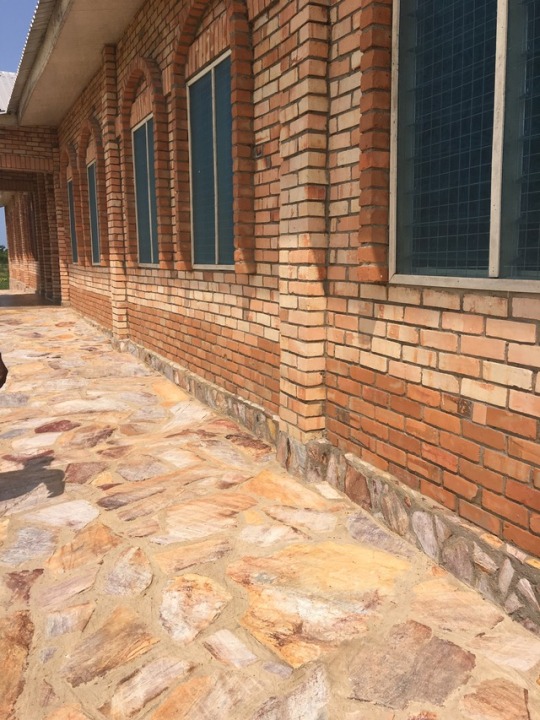
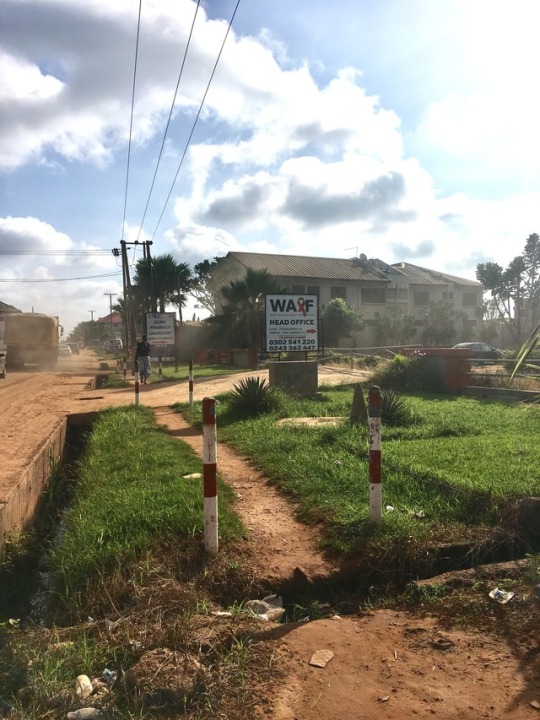
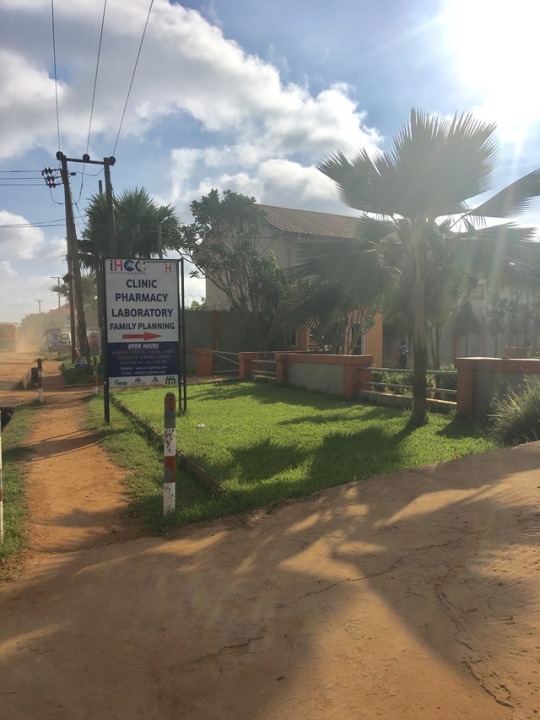
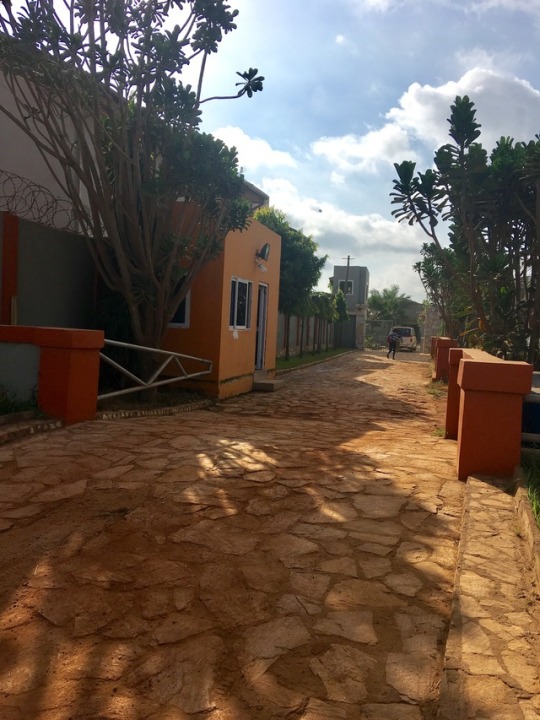
Village of Hope
West Africa AIDS Foundation (WAAF)
0 notes
Text
Study Abroad Classes- 5 Credits
•Twi, native language
•Service Learning
-Field trips: Elementary School, Disabled Children’s orphanage, West Africa AIDS Foundation (WAAF), & Right to Play (program to teach children importance of health through field games)
–Volunteering at WAAF: helping faculty to sort paper files, register patients & observe the doctor in the consulting room
•Social Service Delivery Systems
-Field trips: University Hospital, Kayayei girls, Village of Hope Orphanage, & Trokosi Shrine
–Kayayei girls: teenage girl head porters, carrying any size load on their head to and from the Kantamanto market in Accra
–Village of Hope Orphanage: girls and boys of all ages brought from all over Ghana to live together and start their education from grade school to college
–Trokosi Shrine: girls as young as 4 years old being sold to fetish priests to pay for their families crimes such as stealing; Baptist Churches in the area are coming together to buy these young girls and women out of slavery and place them into a vocational training center
•African Music & Dance (elective)
-Learn 4 traditional African dances to perform in front of our group in traditional costumes
0 notes
Text
Explorations in Ghana
•Madina Market
•Accra city tour, Ghana’s capital
-Kwame Nkrumah Memorial, Ghana’s 1st President
-W.E.B. Du Bois Museum
-Accra Market
•Afrikiko, restaurant & bar
•Cape Coast
-Slave Castle
-Elmira Castle
-Coconut Grove Resort
•Purple’s Pub, Osu
•Accra Mall
•Ada Foah Beach
-Volta River
•Kumasi
-Bonwire village, Kente cloth
-Ntonso village, Adinkra
-Ahwiaa, woodcarver’s village
-Boabeng Fiema Monkey Sanctuary
-Generation, live band music
-Manhyia Palace Museum, place of former Asante Kings
1 note
·
View note
Photo
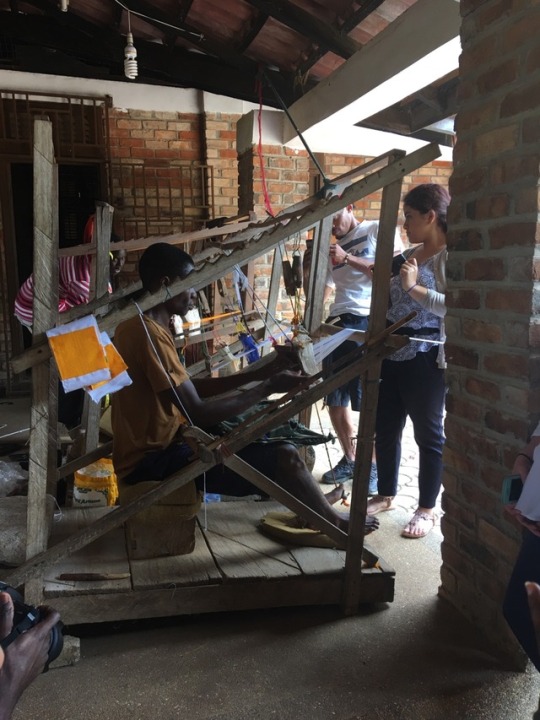
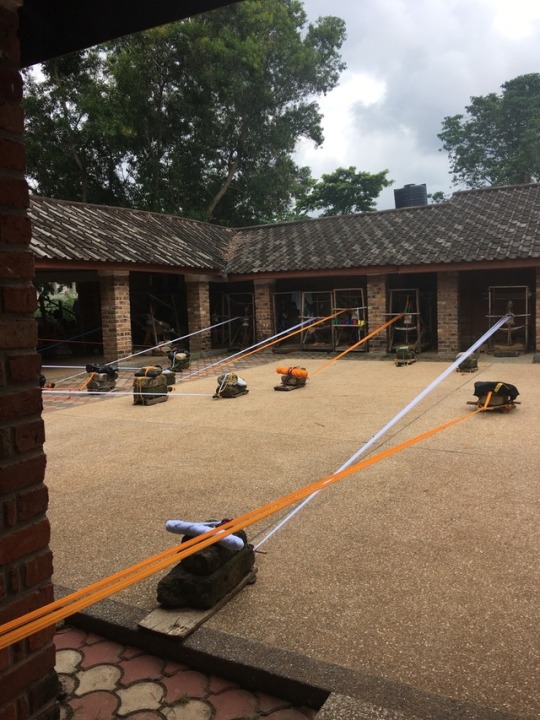
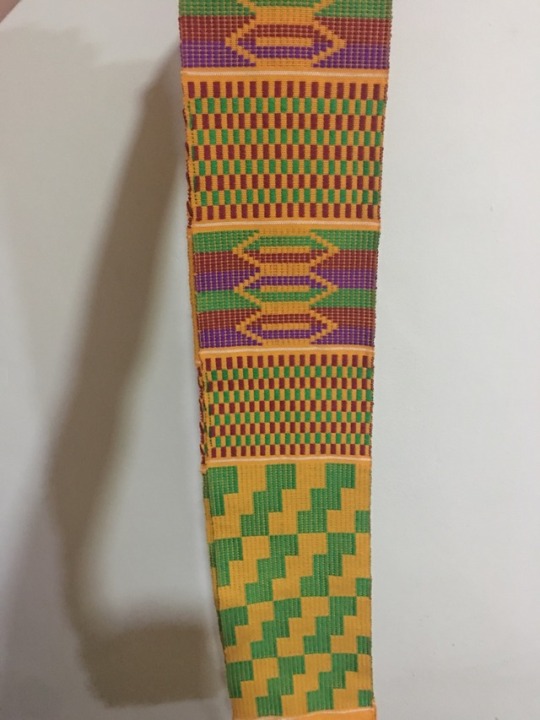
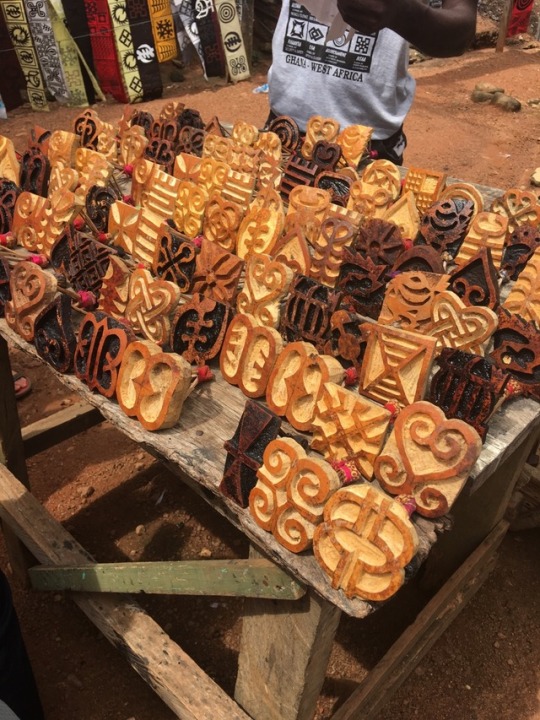
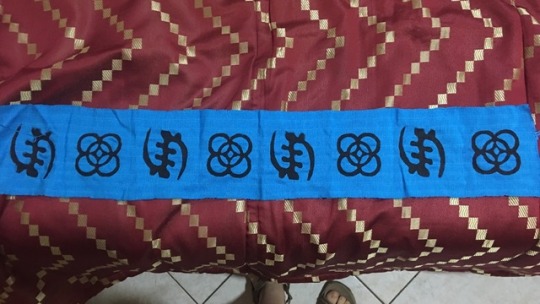
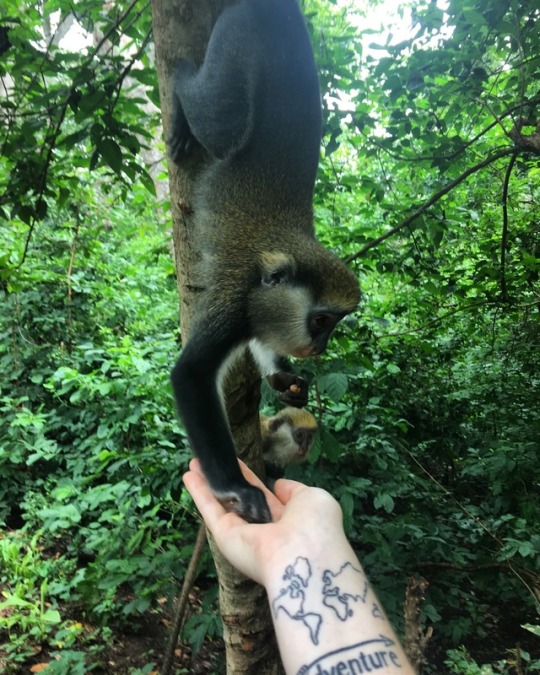
Bonwire village- Kente cloth
Ntonso village- Adinkra
Boabeng Fiema Monkey Sanctuary
1 note
·
View note
Text
Akwaaba!
Ghana’s main language is English, but everyone also knows how to speak some type of Akan. Akan is made up of two languages, Fante and Twi, and is spoken depending on what part of Ghana you are in. As for the University of Ghana in Legon, they speak Twi (pronounced “chwe”). Here are a few common words and phrases:
[(c )- backwards letter c]
Akwaaba- Welcome
Maakye agya- Good morning male (elder)
Maaha onua- Good afternoon sibling (of same age)
Maadwo maame- Good evening female (elder)
MepaakyEw- Please (when asking a question)
Wo ho te sen?- How are you?
EyE; B(c )k(cc); Me ho yE- I’m fine
EyE sEn?- How much is it?
Aane- Yes
Daabi- No
Saa?- Really?
Wo firi he?- You come from where?
Wo te he?- Where do you live?
Wo rek(c ) he?- Where are you going?
Ab(c ) sEn?- What time is it?
Wo sua dEn?- What do you study?
Medaase- Thank you
Yebehyia- See you later
Yen naase- No problem
Obruni- foreigner
1 note
·
View note
Photo
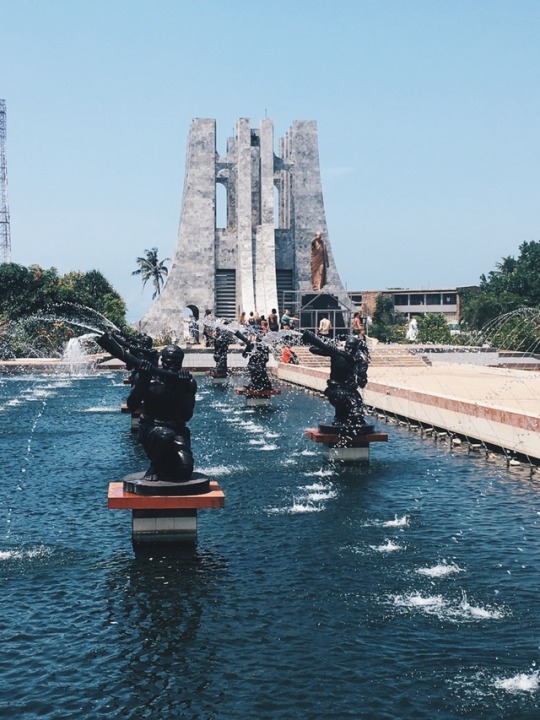
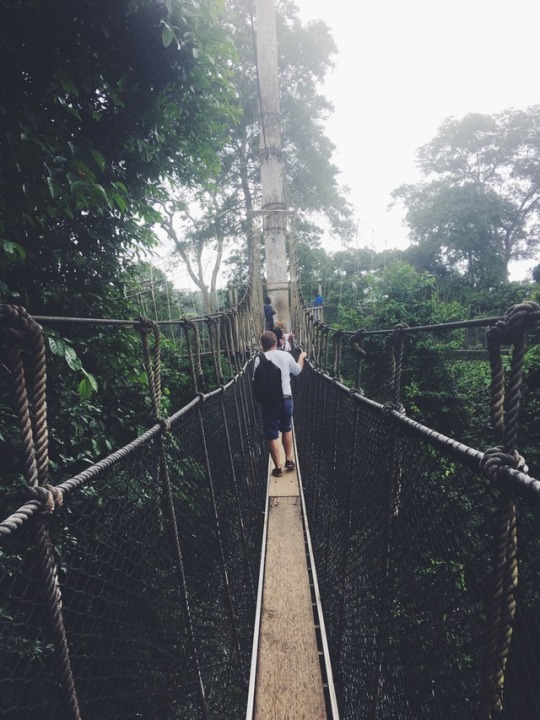
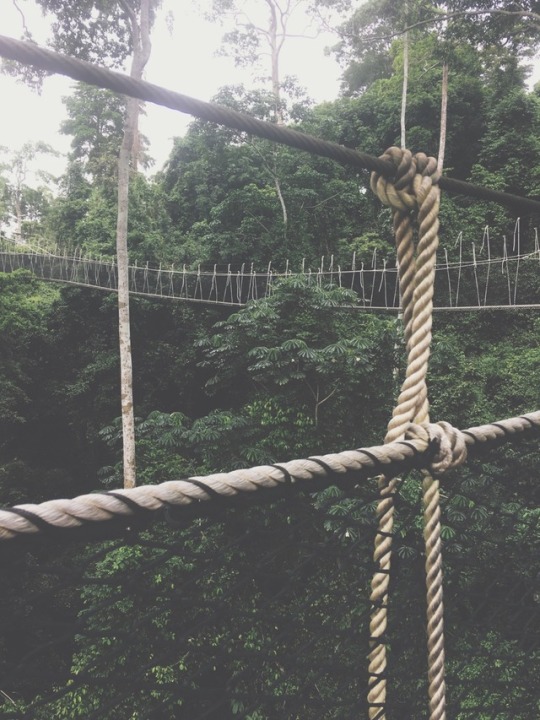
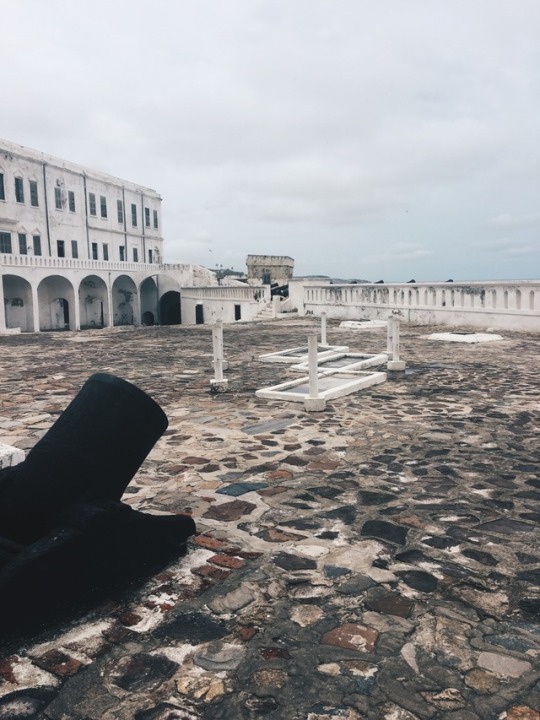
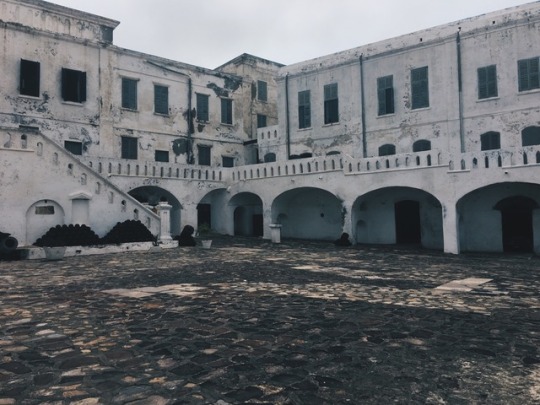
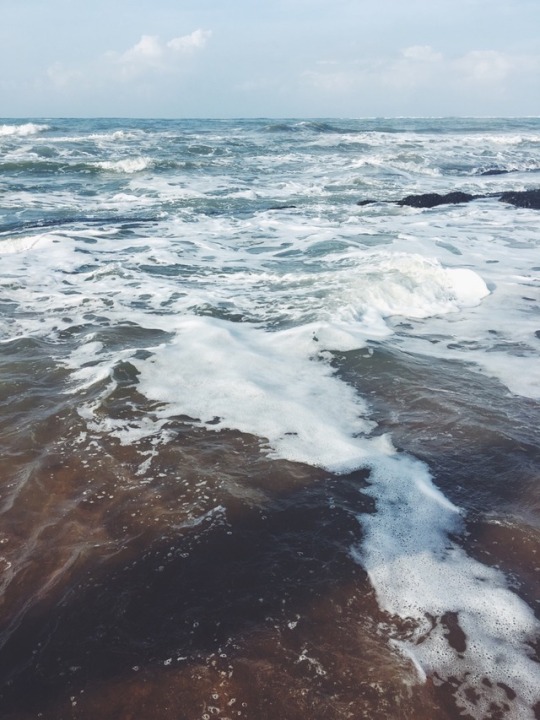
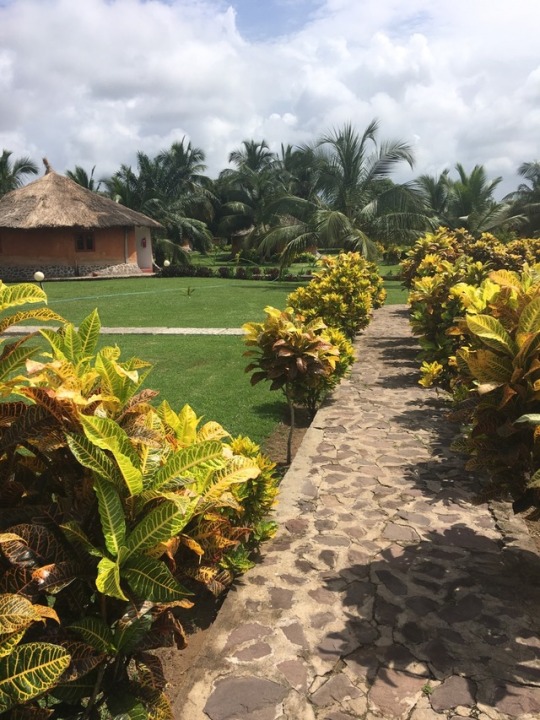
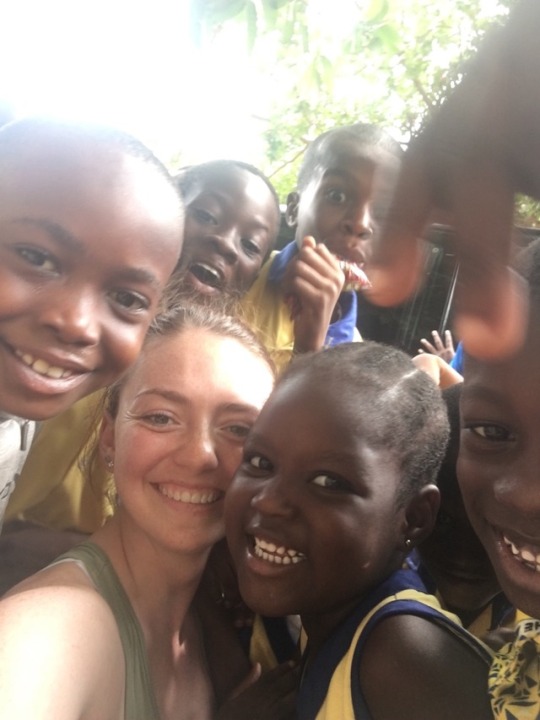
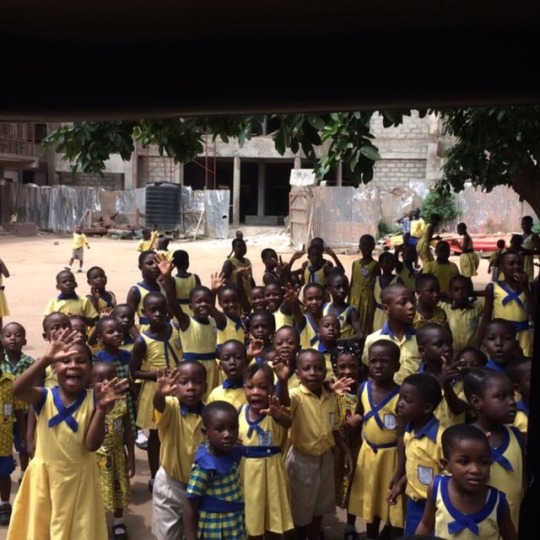
Adventures in Accra & Cape Coast
1 note
·
View note
Text
Culture 101
Coming to Africa has been on my bucket list for years, but nothing can prepare you for a culture so different from the US. In the first full day I’ve been in Ghana, I’ve learned a few common values:
1) Time is not adhered to- many people arrive an hour late for events and still could be the first ones there.
2) A hierarchy or status is addressed- younger adults preface an elders’ name “Auntie” or “Uncle,” unless they have a title such as Doctor.
3) The left hand is never used when communicating with others- this is seen as disrespectful to the Ghanaian who is exchanging a greeting or taking something from your hand.
4) Saying hello to others when entering a room or walking past someone is expected, otherwise you can be considered as inconsiderate.
5) A formal and indirect language is used- no profanity.
6) Name calling WILL happen- Ghanaians will greet you as “foreigner” as soon as they meet you, although not to be rude.
7) Bargaining is used in the markets- this is necessary when locals try to sell a common item to a ‘foreigner’ for more than it’s worth.
8) Begging is tolerated- men, women, and children will walk up and down streets to sell goods and persistently ask for money, food, or water.
9) Ghana is community-based- they are driven as a community to be as welcoming and kind as they can possibly be.
10) Ghana is a beautiful country, the wet season really does mean rain & the food has a unique, flavorful spice.
I continue to be amazed by the endless surprises this country provides! Until next time ❤️
1 note
·
View note
Photo
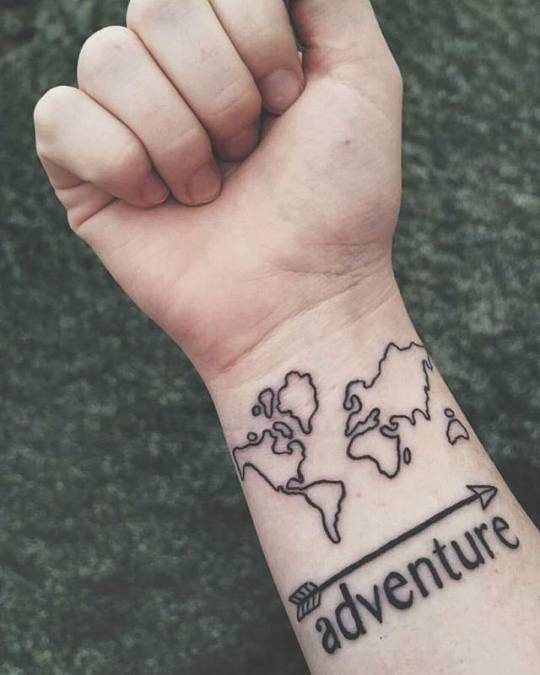
Follow my insta @eatpraytravel.blog for updates on my trip to Africa in a week!
1 note
·
View note
Link
1 note
·
View note
